Travel Information and tips
[ Volunteering programs ] [ Youth Accommodation ] [ Youth Tours and Adventures ] [ Youth Language Schools ] [ Travel Information and tips ]
TRAVEL TIPS
South Africa is relatively easy to reach from most countries, with direct international flights from many countries and easy domestic transfers. South Africa applies different visa regulations for citizens of different countries. Visit the Department of Home Affairs website for information about your visa. CrimeCrime in South Africa, like many other places in the modern world, can be a problem, but all you really need to do is take the usual sensible precautions and be aware of your safety. If you are visiting South Africa, there are a number of health issues you should be aware of, such as HIV, or the correct vaccination if you're from a country in the yellow fever belt. In general, South Africa offers good medical care and there are few health concerns.
FLIGHTS AND TRANSPORT
South Africa, although a long-haul destination to many countries, is relatively easy to reach, with direct international flights from many countries. Most major airlines offer flights to Johannesburg, Durban or Cape Town, with direct onward connections to Port Elizabeth. Simply book your ticket with anyone of a number of online agencies, or your local language travel or travel agent. South Africa boasts excellent, modern airport infrastructure, and airports like Johannesburg see thousands of daily arrivals and departures from all corners of the globe. Port Elizabeth is served by all major domestic airlines, including South African and British Airways (operated by Comair) and their codeshare partners, as well as local budget airlines Kulula.com. The city can also be reached by intercity bus and even by rail for the more adventurous – a daily train runs from Johannesburg to Port Elizabeth through the vast plains of the Karoo (always book first class!!). Our road infrastructure is generally good, especially the national highway system linking all major cities, and renting a car is very easy and convenient. Be aware, though, that like most former British colonies, we drive on the left-hand side of the road.
VISA
South Africa applies different visa regulations for citizens of different countries. Citizens of many countries can enter South Africa without applying for a visa ahead of their visit, and will be issued with a holiday visa at their port of entry. This visa covers all areas of tourism, including educational tourism and language travel. Such visas can be issued for up to 90 days, depending on your country of origin. Please check here (Countries exempt from visa control) to see if your country is on the list. If this is not the case, you will need to apply for a visa before coming to South Africa. If your stay is 90 days or shorter, you can apply for a holiday visa, which can be extended in South Africa. If you intend studying for longer, we suggest you apply for a study visa. If you are unsure, please visit the South Africa Department of Home Affairs website for up-to-date information, or visit your nearest South African embassy or consulate, or contact us. visa requirements
- Passport valid for no less than 30 days after the expiry of the intended visit.
- Passports must contain at least 1 (one) unused page for entry/departure endorsements (sometimes referred to as visa page).
- Payment of the prescribed fee, if applicable (see website)
- A vaccination certificate, if required by the Act (only valid for some countries, see website & local consulate)
- Statement and/or documentation confirming purpose and duration of visit. – (from bli)
- Two (2) identity photographs see specifications .
- Proof of financial means in the form of:
- bank statements
- salary advices
- undertaking(s) by the host(s) in the Republic
- bursaries
- medical cover or cash available, including credit cards or travellers' cheques to cover the living expenses during the sojourn in the Republic.
8. Applicants traveling by air must be in possession of:
- a return or onward ticket or
- proof of sufficient funds or
- lodge a cash deposit of equivalent value to such a ticket.
YOUR SAFETY
Crime in South Africa, like many other places in today's world, can be a problem, but all you really need to do is take the usual sensible precautions and follow some basic safety rules. Know where you're going before you set off, particularly at night, watch your possessions, don't walk alone in dodgy areas, lock your doors at night. And, like anywhere else, there are some areas of the major cities which are known to be more risky than others. It is easy to avoid these and still have a good time. If you cannot avoid such areas, then avoid wearing visible jewellery or carrying cameras and bags over your shoulder. Keep mobile phones and wallets tucked away where no one can see them. Port Elizabeth has been officially rated as Africa’s safest city, and bli is located in its safest suburb. Summerstrand, our area, is a residential and tourist area, and our visitors are always welcome to cycle or walk to school. South African drivers are not amongst the best or most courteous, and you do need to be careful and observant when driving, cycling or walking. Check beforehand that the areas you plan to visit are safe by asking school staff. Other sensible advice is not to hitchhike, or accept or carry items for strangers.
MEDICAL INFO
Health tips for travellers.
If you are visiting South Africa, there are a number of health issues you should be aware of, particularly if you're from the northern hemisphere. However, while there are risks anywhere you travel, South Africa has a relatively good healthy climate and our levels of hygiene, health care, and water treatment make it a pretty safe destination.
Inoculations
If you're an adult, you will need a yellow-fever certificate when you arrive in South Africa if you are coming from a yellow-fever endemic area (the yellow fever belt of Africa or South America).
Medical facilities
Medical facilities in cities and larger towns are excellent and staffed by well-trained medical professionals. Doctors are well trained and must be registered with the Health Professions Council of South Africa. In rural areas the clinics and hospitals deal with primary health needs, and may not offer the range of medical care that the large metropolitan hospitals do. State emergency services are available, and supplemented by privately operated services. Pharmacies are found everywhere, as well stocked, and equivalents to most international medicines are available. Pharmacists may not dispense Schedule 3 drugs and up without a prescription, so visitors on chronic medication should carry their own prescription. It is a good idea to take out comprehensive medical insurance before travelling to South Africa as private medical care can be expensive. If you are coming on a study permit this is essential.
Sun and sunburn
We have a warm sunny climate and pollution and ozone layer damage has led to extremely high UVA and UVB penetration over South Africa. Using the highest possible UV protection is essential. It is the UVA rays (that don’t cause burning) that you are trying to block out. Ideally you should aim for an SPF of 30 or more to offer protection.
Can I drink the water?
High-quality tap (faucet) water is available in South Africa's urban areas, but not all water in rural areas is safe to drink straight from the tap. In some areas, the water is mineral-rich, and you may experience a bit of gastric distress for a day or two until you get used to it. Bottled mineral water, both sparkling and still, is readily available in most places. Drinking water straight from rivers and streams could put you at risk of waterborne diseases – especially downstream of human settlements. The water in mountain streams, however, is usually pure and wonderful. The responsibility to provide clean water rests with local water services authorities, which regularly monitor the quality of drinking water. They are rated by the Department of Water Affairs according to the Blue Drop Certification System.
Malaria
The Eastern Cape and Port Elizabeth are malaria-free! However, the Kruger National Park, the Lowveld of Mpumalanga and Limpopo, and the northern part of KwaZulu-Natal are malaria areas, especially in the wet and hot summer months. Transmission is seasonal, with peak rates of infection occurring in April and declining by June. Many local people and some travellers do not take malaria prophylaxis, but most health professionals recommend you do. Consult your doctor or a specialist travel clinic.
Prevention
Whether you take oral prophylaxis or not, avoid being outside at night as far as possible as the anopheles mosquito, which carries malaria, operates almost exclusively after dark. Always use mosquito repellent, wear light-coloured long pants, long-sleeved shirts and closed shoes at night, and sleep under a mosquito net in endemic areas. Also use an insect repellent and electronic vaporising mats or burning insecticide coils are also helpful. It is advisable to avoid malarial areas if you are pregnant. HIV As in other countries, always take precautions when having sex. South Africa has one of the highest rates of HIV in the world. More information see South Africa's HIV/AIDS battle plan.
Tuberculosis
Tuberculosis is an infectious disease, spread through the air when a person with untreated TB coughs or sneezes. But prolonged exposure to a person with untreated TB usually is necessary for infection to occur. Bilharzia can be a problem in some of the east-flowing rivers (not in the Eastern Cape), but it is easily detected and treated if it is caught early. Perhaps it would be a good idea to have a routine test a month or two after you get home – just to reassure yourself. Ticks generally come out in the early spring and may carry tickbite fever, which is easily treated. Take precautions against being bitten. You should also be aware of hepatitis, for which you can be inoculated.


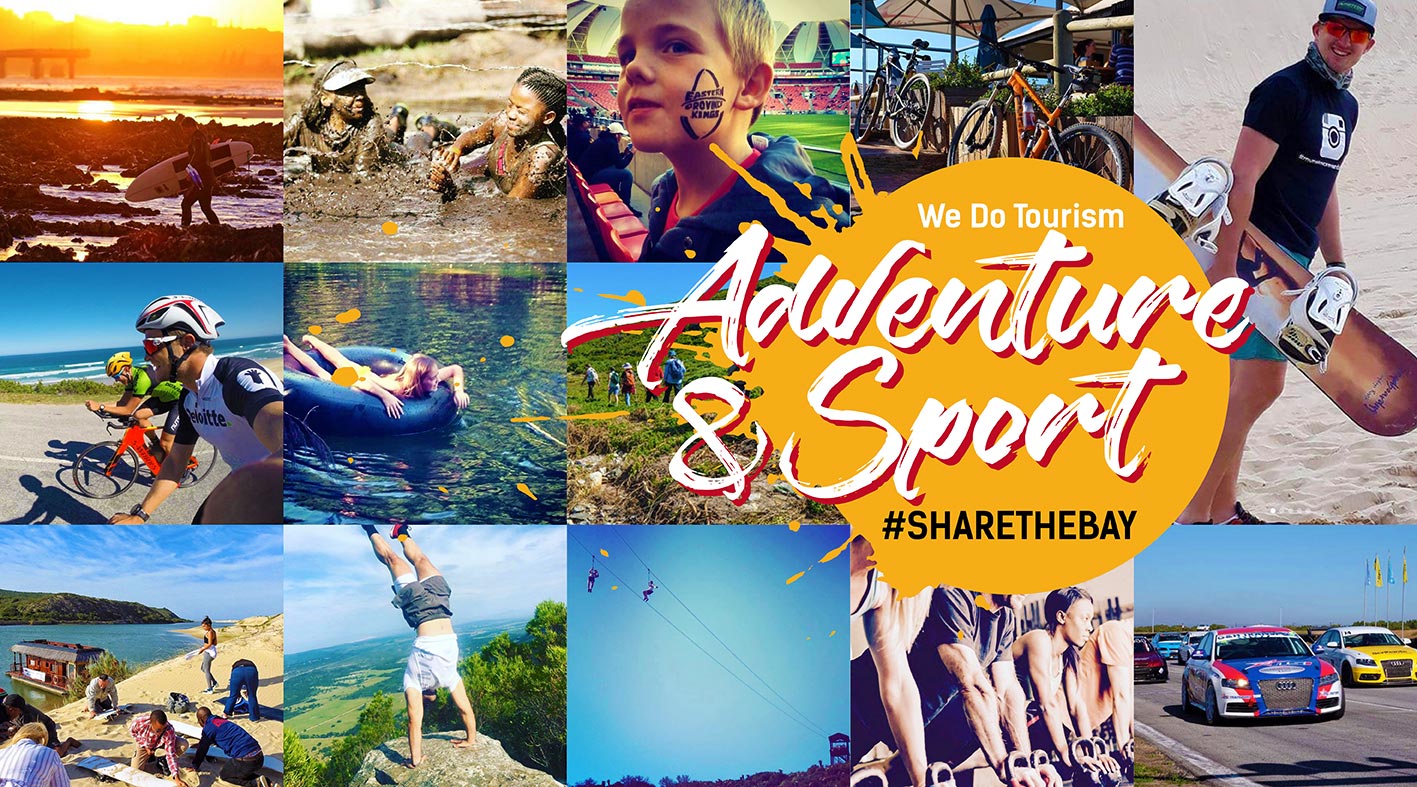

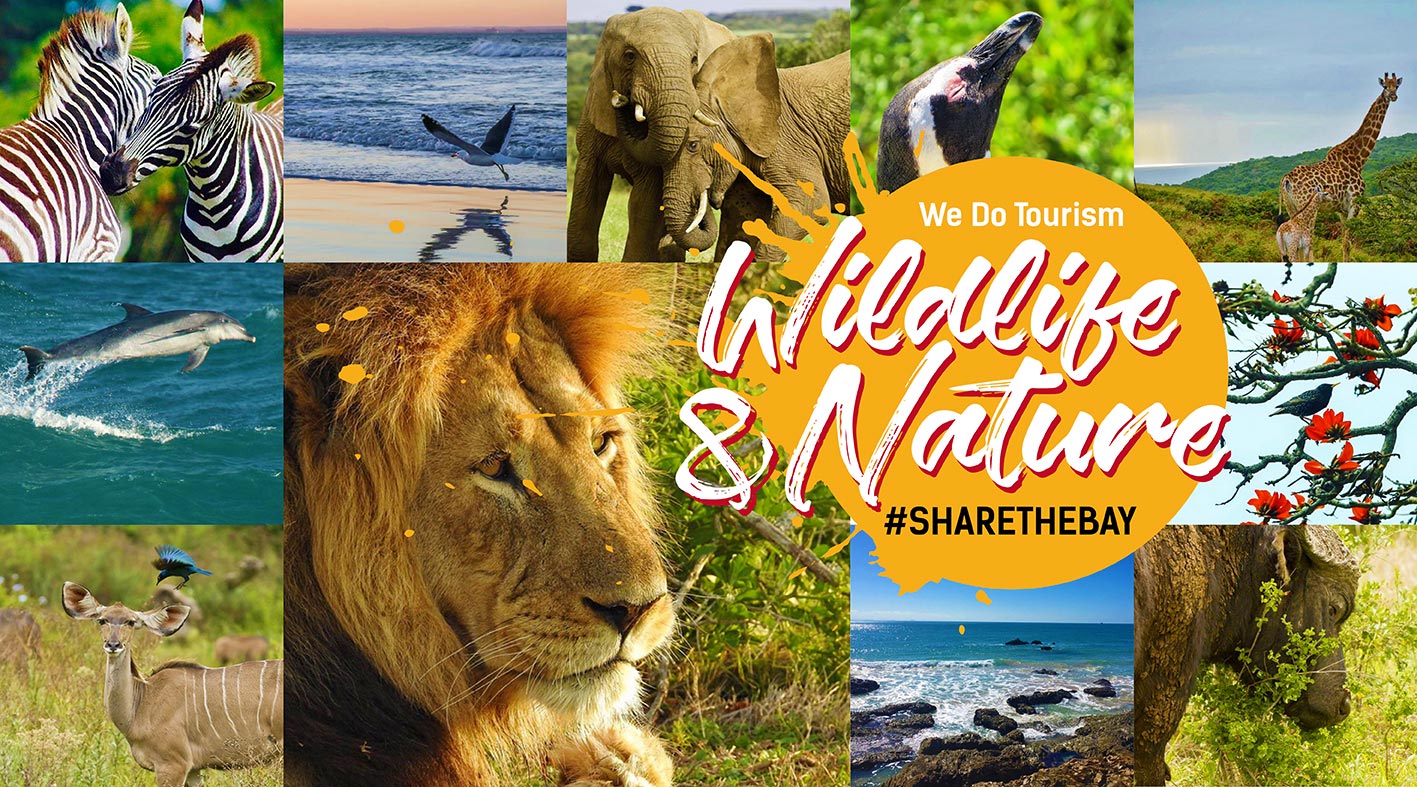

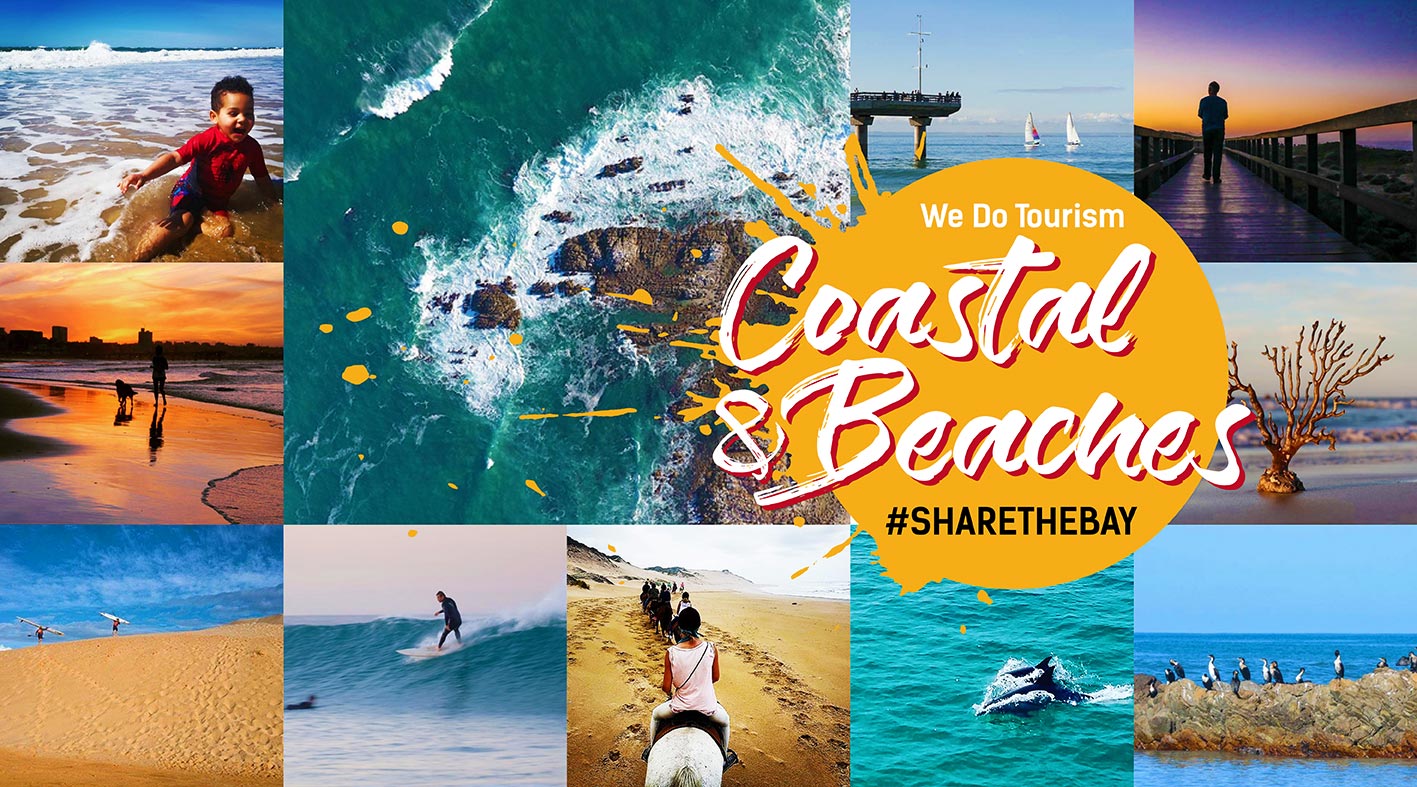



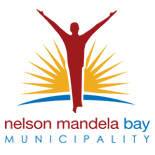





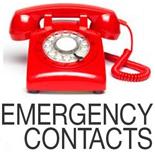
 Please wait!
Please wait!